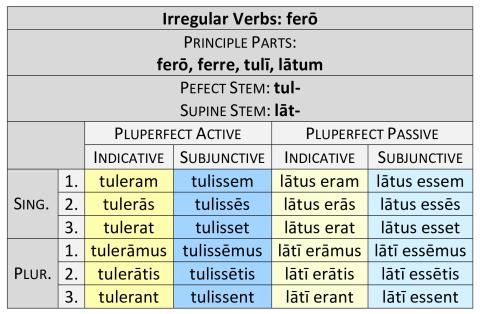

But, because this is an imperative, the verb HAVE remains in the base form. The present perfect tense uses the auxiliary verb and the past participle form of the main verb. " (HAVE is the helping verb, and EATEN is the When paired with a helping verb - helping verbs include forms of the verbs 'to be' and 'to have' - a verb's past participle will become part of the past perfect or present perfect tense of the verb. Examples of "state of being" words are: is, … Has is the third-person singular present conjugation. Notice that the yo form is completely irregular. to refer back from a point of time in the past: We were very worried. The verb might be stative in one meaning and dynamic when it used in another meaning. It has a meaning by itself and is the acting verb of the sentence. However, they are two different forms of the verb “ to have”. Weak verbs (schwache Verben) are regular verbs: Weak verbs are conjugated by simply adding an ending to the stem, which remains the same for every form. A verb is a word that describes an action (run, walk, etc), a state of being (exist, stand, etc) or occurrence (happen, become, etc). A transitive action verb is followed by a noun that’s receiving the action.

There was a lonely time, long ago, when meteors came streaming out of the sky and made a big impact. The main verb to have is one of the core verbs of the English language, and is principally used to express possession, ownership or acquisition. to refer back from a point of time in the future: We won't eat until they arrive. In other words, a verb is a word that informs about an action, an existence of something or an occurrence. The … The word 'have' is both a noun (have, haves) and a verb (have, has, having, had). There are two types of action verbs: transitive and intransitive. A helpful way to remember this is that when there is an auxiliary verb, the main verb The most common auxiliary verbs are be, have, and do. Typically, it’s best to use are with a number of essentially, the phrase is an idiom that means the same thing as several, and there is no question that several people would take the plural verb are. … The action of the verb "to milk" happened to the subject "cows. What is a verb? Verbs are words that show an action (sing), occurrence (develop), or state of being (exist). HAVE is used to wish another person good fortune. Has is the third-person singular present conjugation. These are some common auxiliary verbs: be, am, is, are, was, were, do, did, have, has, had.


 0 kommentar(er)
0 kommentar(er)
